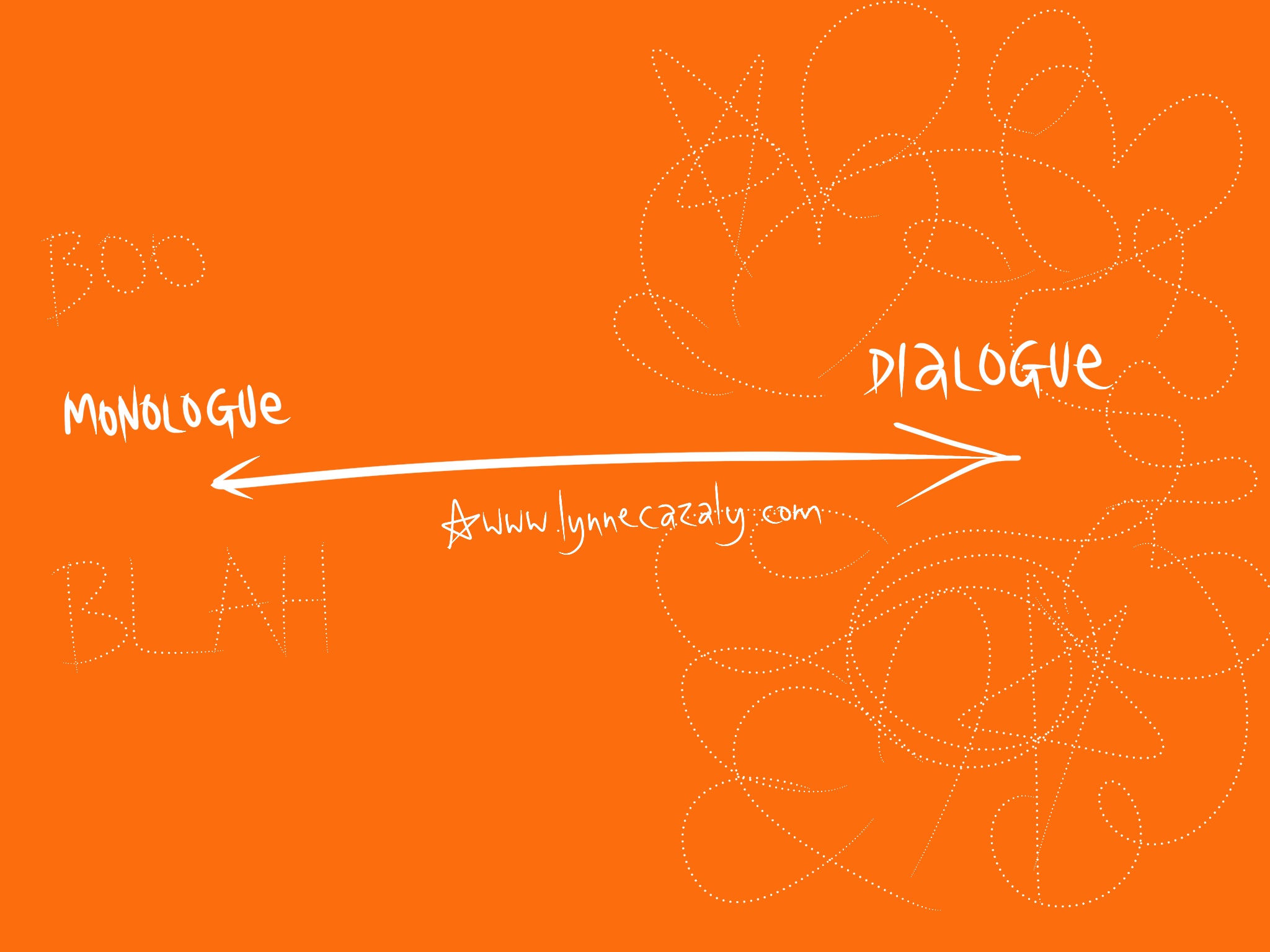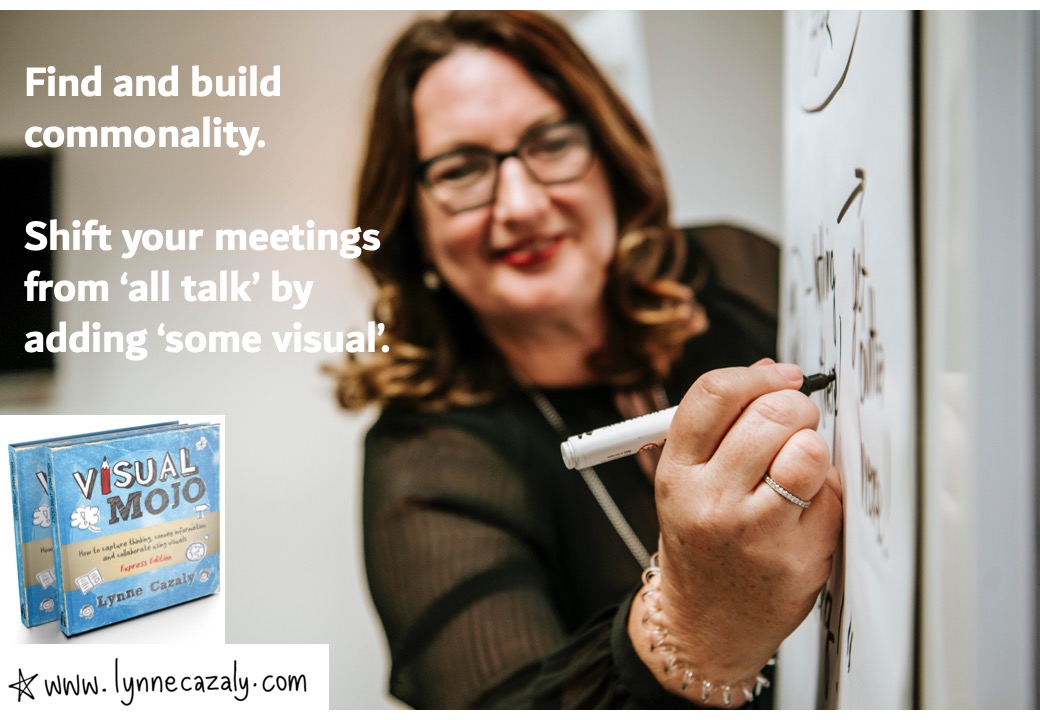Don't assume knowledge nor ignorance
 Friday, December 20, 2019 at 12:02PM
Friday, December 20, 2019 at 12:02PM  When we work with others, collaborate, co-design, we don't know what other people's knowledge is, what they've experienced, what they know.
When we work with others, collaborate, co-design, we don't know what other people's knowledge is, what they've experienced, what they know.
We make a great assumption if we 'start at the beginning' of a topic, or waffle on with giving people 'some context', telling 'our story' or flat out don't stop talking for 15-25-45 minutes.
What if they already know what you're talking about?
Oh but we can also jump ahead, speaking of things in ways people don't know; they aren't 'in the loop', don't know about this and can feel left out or left behind. This isn't pandering to snowflakes or patronising precious peeps. It's the reality of a world where we have incredible diversity, difference, and uniqueness - in a single group, gathering or team!
The answer is to... have a DIALOGUE, a conversation with people, rather than delivering a MONOLOGUE or preachy-presentation of information you decide to dump.
In that way you'll find out where they're at and therefore... where to begin. You can then adjust throughout the CONVERSATION, this talk between 2 or more people.
Enjoy your conversations today...





















